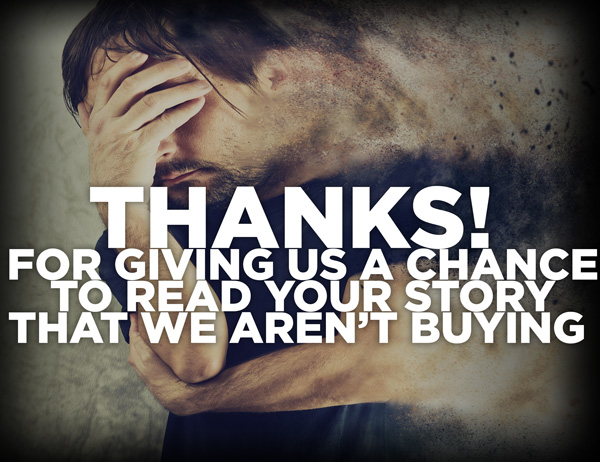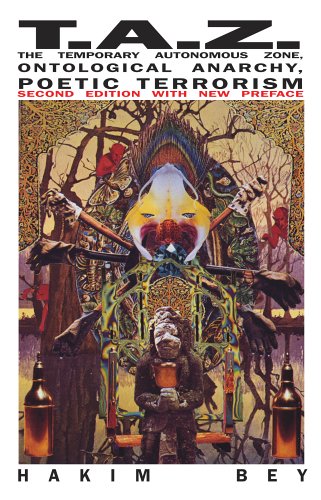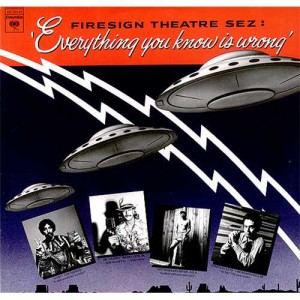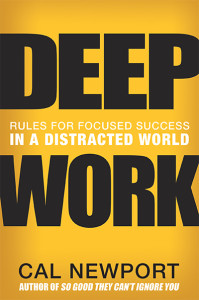 Just a quick note, to the writers out there who read this blog, about the pain of rejection, which is one of those things that all successful writers mention in passing, but of course, being successful writers, we all know, that this is just the beginning of the story. Hearing about how your favorite writer was rejected early on is fun.
Just a quick note, to the writers out there who read this blog, about the pain of rejection, which is one of those things that all successful writers mention in passing, but of course, being successful writers, we all know, that this is just the beginning of the story. Hearing about how your favorite writer was rejected early on is fun.
It’s refreshing. It’s inspiring.
It suggests that a time may come when rejection hurts less. Or when there is much less of it.
Maybe that’s true. Maybe it will be true for me, not a successful writer but a writer who has now had enough success to think that true success might one day be possible. But it’s not true yet.
And a friend of mine related a bit from James Patrick Kelly, a long-time favorite SF short fiction author of mine, about how the rejection never ends, it just changes its tune.
First, your story is rejected with a form.
It’s rejected with a nice note.
It’s rejected with a rewrite request. Then the rewrite is rejected.
The story is published! Nobody reviews it. Nobody seems to read it.
The story is published! It gets bad reviews.
The story is published! Some good reviews! A few people admit to having read it! Award time comes…. crickets.
Award time comes, a few recommendations. (I am here; the rest, from here on out, is hearsay and speculation, based on the second hand reports of the Jim Kelly bit.)
Award time comes, you made the ballot! Now you lose the award.
You’re on the ballot. You lose. Again. And again. And again. (It’s a honor to be nominated! You get to to go to the Hugo Losers party!)
You’re on the ballot. You win. You still can’t sell your novel.
You sell your novel to a publisher! (repeat above, ending with, the book doesn’t earn out. Your publisher says no to the half finished sequel.)
You regularly sell novels. Which never make a bestseller list; you limp along, able to keep publishing, knowing you will never be Neil Gaiman or George Martin.
You become Neil Gaiman and George Martin.
You know you’ll never be J.R.R Tolkien.
It’s rejection, forever and ever and ever.
Still want to write?
In that case maybe, just maybe, you’re a writer. With the capital W. Or the lower case.
Best wishes, then, to you, and me, and the rest of us.
Even poor Gaiman and GRRM. Who my heart goes out to, now, knowing what I know, fifteen rungs down the ladder.
###
Even I have refused to talk about what I said this post was about, which was the pain of rejection; to clarify; on rejection, you will hate your story; you may hate yourself for writing it; you may hate yourself for submitting it; you may think that there were edits that could have saved it that you know now, in hindsight, you should have made; you may think the story is entirely worthless. You may think that you are entirely worthless. Your friends will remind you that you are not the work. You will want to punch these friends in the fucking face for saying you are not the work. If you aren’t the work what are you? If the work isn’t you, what is it? You not being the work is every bit as bad as the work being rejected, thank you very much. You.
Smart friends will say that this is part of the process. You’ll want to punch them, too.
But know, that this is part of the process.
And yes, I know, you want to punch me.
I’d want to, too.



 For those not wanting to invert the bullets above, I’ll just say it straight.
For those not wanting to invert the bullets above, I’ll just say it straight.
